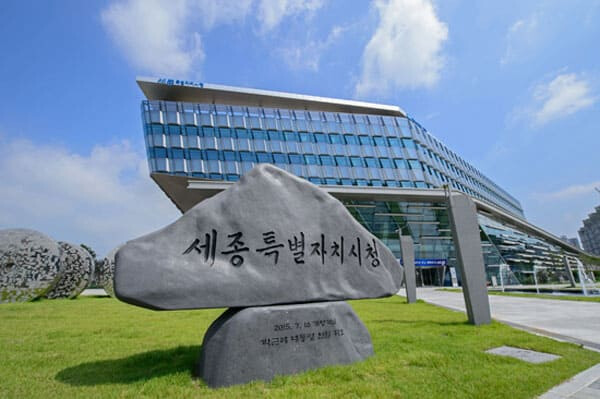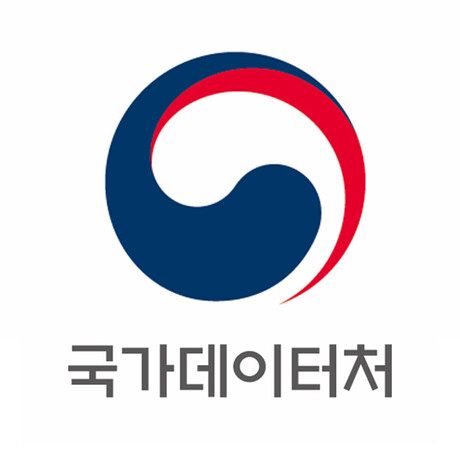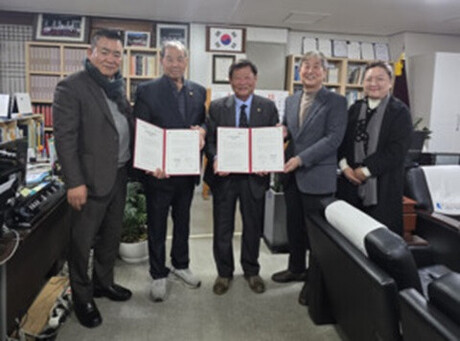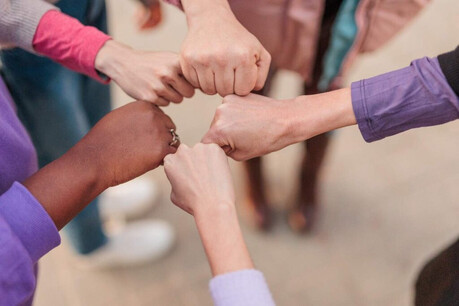
SEJONG, South Korea – Sejong City is actively strategizing to align with the new South Korean government's ambitious "Making 10 Seoul National Universities" policy, aiming to elevate regional higher education and address the prevailing concentration of top universities in the capital area. A recent breakfast meeting held at the Sejong Joint Campus brought together city officials and university representatives to discuss the future direction of this innovative educational hub.
The "Making 10 Seoul National Universities" initiative, a key pledge by Democratic Party candidate Lee Jae-myung during the 2025 presidential campaign, seeks to ease the Seoul-centric hierarchy of higher education. The policy's goal is to upgrade nine regional flagship national universities to a standard comparable to Seoul National University, potentially even adopting similar nomenclature to signify their elevated status. Proponents argue this will foster balanced national development and enhance educational equity, although discussions persist regarding the effectiveness of such measures versus a genuine, long-term investment in regional institutions' academic excellence, faculty, and global standing.
The Sejong Joint Campus, located in Jiphyeon-dong within the Sejong Tech Valley, stands as a critical component of Sejong City's response to this national policy. This campus operates on a unique model, unprecedented in South Korea and abroad, where multiple universities and research institutions cohabitate. They share common facilities such as lecture halls, libraries, gymnasiums, and dormitories, fostering cross-institutional education and collaborative research.
Currently, the joint campus hosts branches of prominent institutions, including the Seoul National University Interdisciplinary Program in National Policy and Administration, KDI School of Public Policy and Management, Chungbuk National University College of Veterinary Medicine, and Hanbat National University's Department of Artificial Intelligence Software. Chungnam National University College of Medicine is also set to join this year, with Kongju National University (AI·ICT), Chungnam National University (AI·ICT), and Korea University Sejong Campus Graduate School of Public Administration expected to establish their presence by 2029. The campus facilities continue to expand, with a 500-student dormitory and a specialized Bio Support Center for medical and veterinary schools becoming operational in 2025.
During the recent meeting, attendees, including representatives from the resident universities and the operating corporation chairman, discussed comprehensive support for the campus's stable establishment and long-term development. A key outcome was the commitment to collaboratively establish an innovative university focusing on the convergence of artificial intelligence (AI) and foundational sciences. This new model aims to build a problem-solving educational system that prepares future leaders.
Furthermore, the city and university representatives reviewed the progress of the Regional Innovation-led University Support System (RISE) project. This government initiative empowers local governments to allocate national higher education budgets to support regional university innovation, encouraging partnerships between municipalities and academic institutions. Sejong City's commitment to the joint campus includes an additional 1 billion won in operating funds to ensure its sustained growth and stability.
Kim Ha-gyun, Administrative Vice Mayor, emphasized the vision for the Sejong Joint Campus: "We seek the continued engagement of all university stakeholders to ensure the Sejong Joint Campus becomes a pivotal center for experimental education and research, and a key hub for cultivating future talent."
While significant progress has been made, challenges remain. Four "for-sale type" plots are still available within the joint campus. Additionally, the development of the "complex campus" site, offering views of the Geumgang River and Samseongcheon Stream, is still pending. The Happy City Construction Agency (Hapyeongcheong) is actively seeking to attract research institutions and some university functions to this area, with a current focus on securing demand primarily from businesses and research entities rather than solely universities. The success of these future developments will be crucial for the joint campus to fully realize its potential as a leading regional educational and research powerhouse.
[Copyright (c) Global Economic Times. All Rights Reserved.]






























